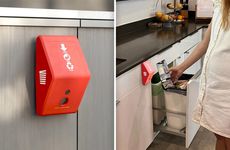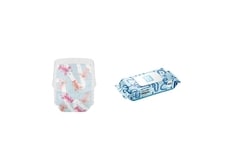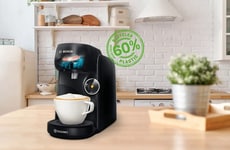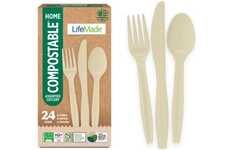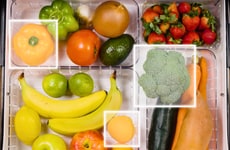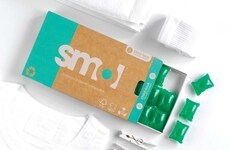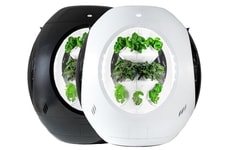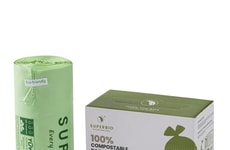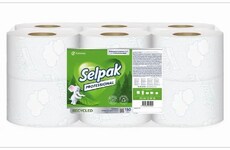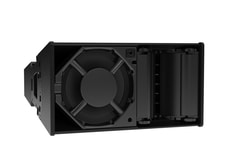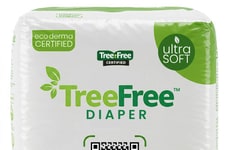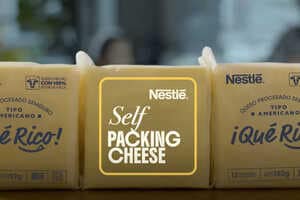45 Carbon-Conscious Everyday Product Innovations
From Household Items to Grocer Initiatives
Jana Pijak — May 23, 2025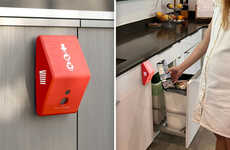


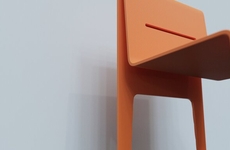
As more consumers prioritize sustainability, companies are stepping up with everyday solutions that reduce emissions and extend the life cycle of materials. From waste-conscious kitchen gadgets to carbon-friendly packaging and recycled furniture, these innovations reflect a growing movement toward low-impact living. These breakthrough products, platforms, and initiatives are driving carbon-conscious consumption across categories like home, tech, parenting, and grocery.
Reducing Waste at the Source
Food waste and packaging remain major contributors to household carbon footprints. Examples like ALDI's recent anti-waste grocer promotion and surplus food marketplaces like Martie help redistribute excess inventory while reducing landfill methane emissions. Compostable garbage bags and gamified compost bins make at-home food waste reduction more approachable, and in-home composter units now turn scraps into soil within days. For packaging, refillable baby skincare brands and recyclable polyethylene-based packaging offer smart, circular alternatives.
Smarter Recycling Infrastructure
When it comes to responsible waste disposal, improved recycling access and tech are making sustainable habits easier for the masses. Local recycling assistants and examples like Caerphilly Council's Recycle Right digital recycling tool, simplify sorting and collection, while coffee pod recycling containers and wine cork recycling platforms are closing the loop on items that can often be overlooked. AI-powered waste trackers and curbside recycling solutions use data to inform consumer behavior and optimize municipal systems, while convenient battery recycling options and EV battery health scores are building circular systems into the electronics and automotive spaces.
Home & Lifestyle with a Lighter Footprint
From furniture to laundry, brands are integrating sustainability into everyday routines. Recycled plastic coffee machines and bamboo-crafted Bluetooth speakers offer a greener start to the day, while eco-friendly cleaning lines and sustainably produced laundry detergents minimize environmental exposure. Moreover, sustainable lifestyle marketplaces like UK-based company Plastic Freedom, blend function and responsibility, while wood waste-transformed screens and upcycled fire hose furniture reveal how repurposing can redefine design.
Parenting & Baby Care, Reimagined
Eco-friendly baby care products—including sustainable silver nursing cups and plant-based pet care sprays—reflect a desire for low-impact options in caregiving. Sustainable indoor gardens are also emerging in urban households, promoting food self-sufficiency while reducing packaging and transport emissions. The rise of ethical clothing recycling services and sustainable textile recycling programs also gives families more control over their fashion-related impact.
Next-Gen Tech & Design Solutions
Even high-tech products are embracing carbon-conscious design. AI-powered fridges are reducing energy and food waste by tracking freshness and usage, while audio-focused plastic initiatives rethink how materials are used in electronics. Bio-based adhesive lines and 3D-printed furniture manufacturers are advancing material innovation with carbon neutrality in mind. Meanwhile, TV packaging seating solutions demonstrate how even packaging waste can be creatively reused.
Together, these innovations reveal how the carbon impact of everyday living can be minimized—not just through product swaps, but through systemic shifts in how we design, manufacture, use, and dispose of the things we rely on. Whether driven by smart tech, material science, or marketplace reinvention, these ideas reflect a powerful shift toward a lower-carbon future.
